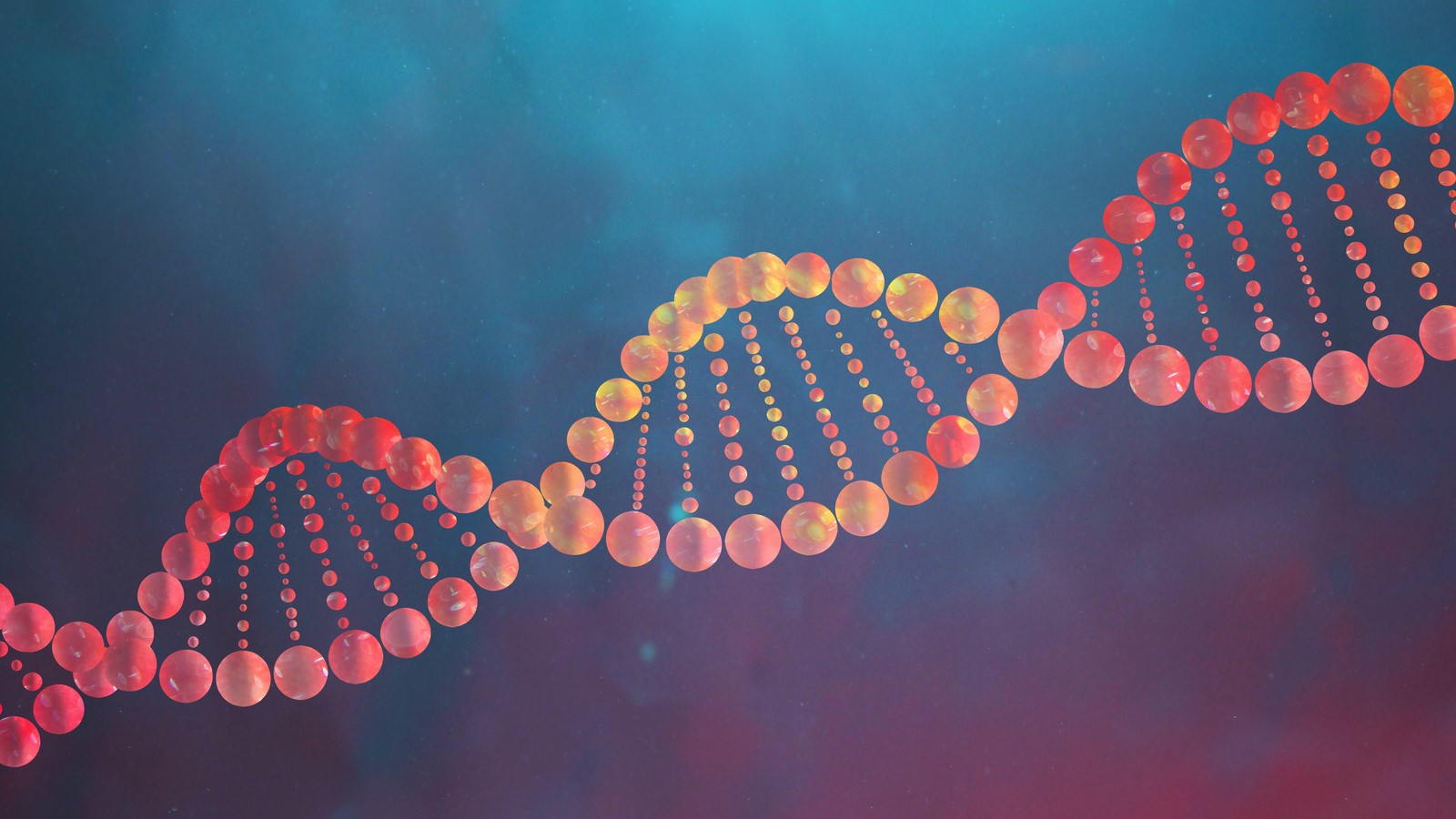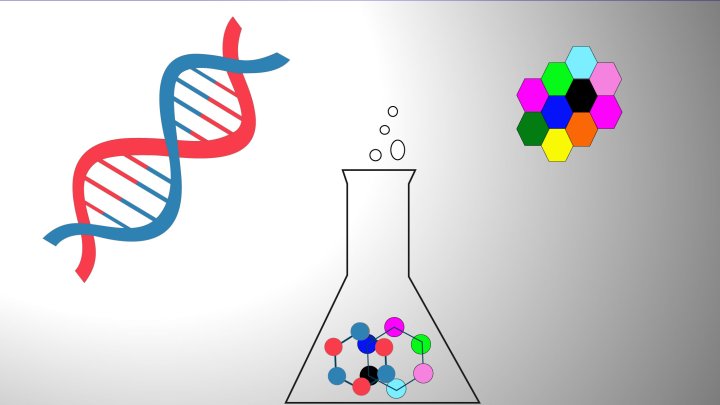blimo.gnomio.com
-
Welcome to your new Gnomio site
Now, you are in control!
Moodle is an open-source Learning Management System (LMS) that provides educators with the tools and features to create and manage online courses. It allows educators to organize course materials, create quizzes and assignments, host discussion forums, and track student progress. Moodle is highly flexible and can be customized to meet the specific needs of different institutions and learning environments.
Moodle supports both synchronous and asynchronous learning environments, enabling educators to host live webinars, video conferences, and chat sessions, as well as providing a variety of tools that support self-paced learning, including videos, interactive quizzes, and discussion forums. The platform also integrates with other tools and systems, such as Google Apps and plagiarism detection software, to provide a seamless learning experience.
Moodle is widely used in educational institutions, including universities, K-12 schools, and corporate training programs. It is well-suited to online and blended learning environments and distance education programs. Additionally, Moodle's accessibility features make it a popular choice for learners with disabilities, ensuring that courses are inclusive and accessible to all learners.
The Moodle community is an active group of users, developers, and educators who contribute to the platform's development and improvement. The community provides support, resources, and documentation for users, as well as a forum for sharing ideas and best practices. Moodle releases regular updates and improvements, ensuring that the platform remains up-to-date with the latest technologies and best practices.
Links of interest:
(You can edit or remove this text)
Available courses

- Teacher: Benson Limo

- Teacher: Benson Limo

This course offers a detailed exploration of the chemical processes that underpin human biology and health. It covers the structure and function of biomolecules such as carbohydrates, proteins, lipids, and nucleic acids, as well as metabolic pathways, enzyme kinetics, and biochemical regulation. The course emphasizes the clinical relevance of biochemistry by exploring topics like blood chemistry, hormonal regulation, and biomarkers in disease diagnostics. Through lectures, laboratory experiments, and case studies, students develop the foundational knowledge and practical skills needed for analyzing biochemical processes and applying them in medical laboratory settings.
- Teacher: Benson Limo

The Immunology course provides biology students with a foundational understanding of the immune system, its components, and functions. It explores the innate and adaptive immune responses, antigen-antibody interactions, immunological disorders, and applications in vaccines and diagnostics. Key topics include immune system cells and organs, pathogen recognition, hypersensitivity, autoimmunity, and immunodeficiencies. Students will participate in laboratory exercises such as ELISA and flow cytometry to apply theoretical concepts. Through a combination of lectures, practical sessions, and case studies, the course prepares students for further studies or careers in diverse biology settings.
- Teacher: Benson Limo
